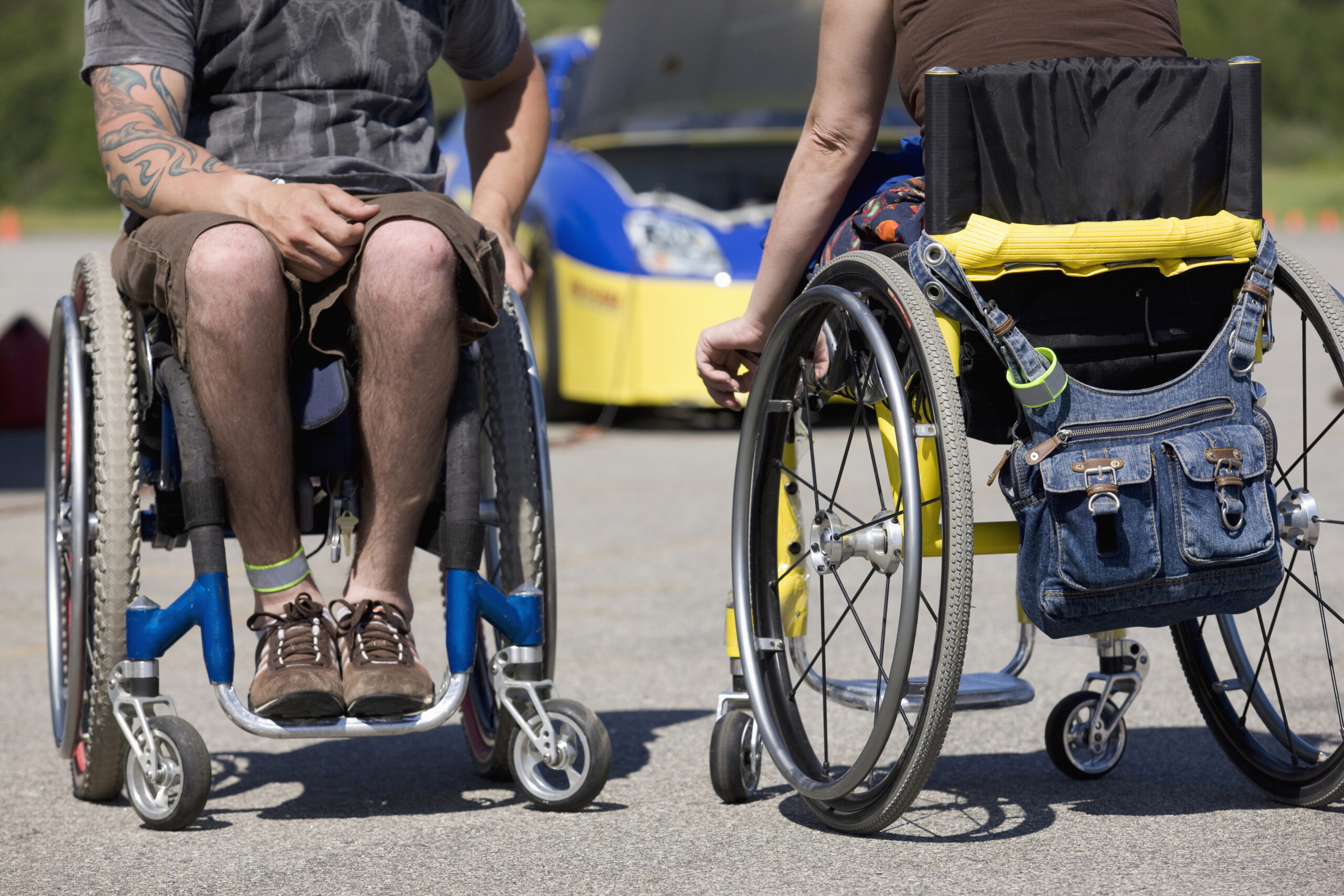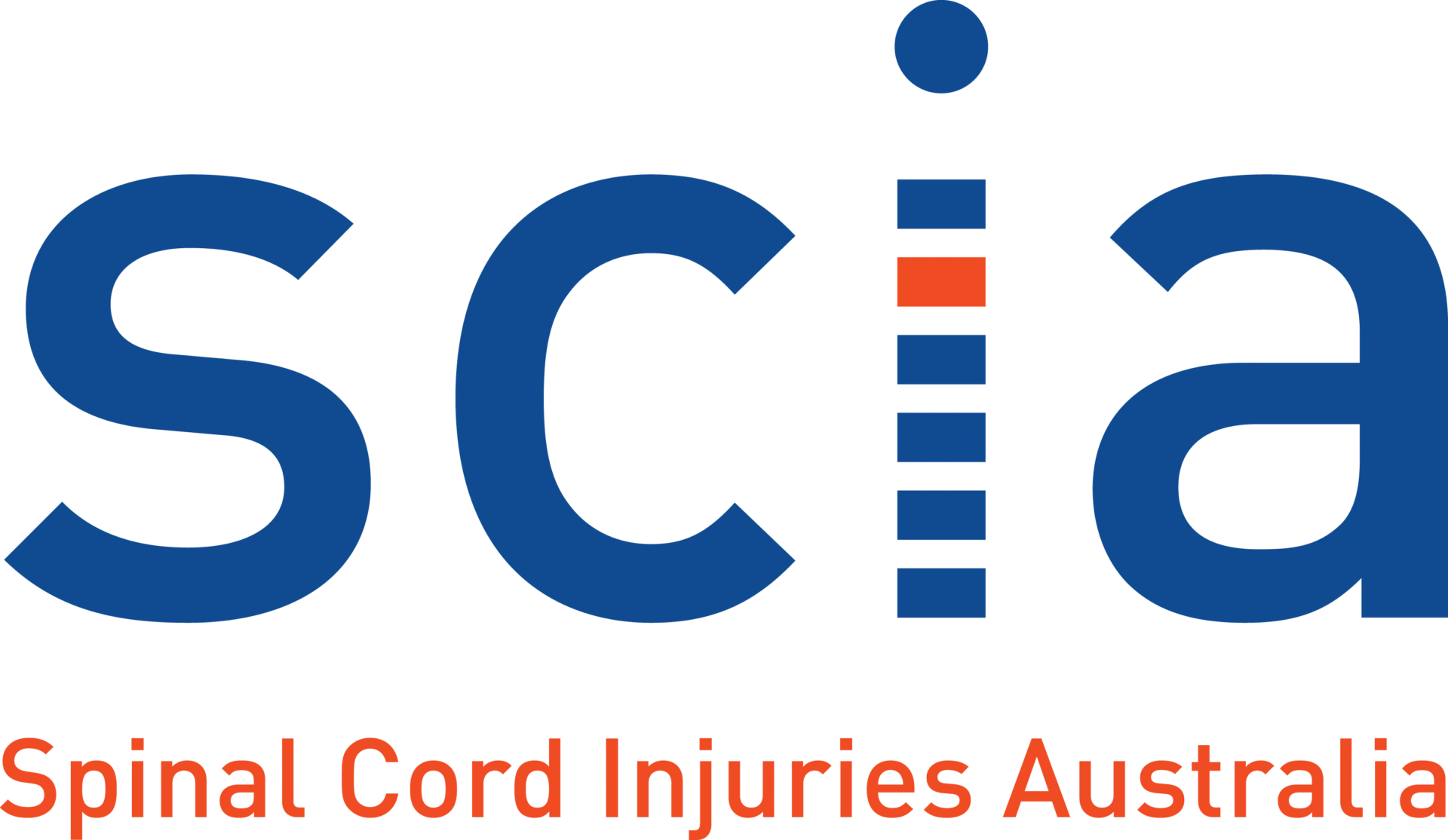About our Policy Work
Our Systemic & Representative team is committed to speaking up on issues that are important to our members. Through consultation with our members, broader community and Advocacy Advisory Group we have prioritised key Policy Areas.
Read our current Policy Briefings and latest information covering the issues of critical importance to SCIA’s membership and the importance of advocacy from a lived-experience perspective.
Navigate our menus to learn more about our Policy Briefings, Submissions and Reports.

Driving Systemic Change through Policy & Advocacy
Our Policy Briefings reflect the issues that matter to our members the most. Click into each area to see how we’re striving to make a difference on a systemic and representative level.
The current housing stock in NSW falls well short of providing homes with basic accessible and adaptable features suitable to meet the needs of the NSW population, now and in the future. SCIA has developed the Achieving Accessible Housing in NSW without compromising housing affordability Policy brief, designed to be printed and taken to your local MP.
Read our brief online now:
If you acquire a disability such as spinal cord injury (SCI) at, or before, age 64 you will receive tailored supports that enable you to participate in your community called the National Disability Insurance Scheme (NDIS). If you acquire a disability such as an SCI at age 65, or over, you will not have access to disability supports.
This glaring inequity needs our urgent attention.
SCIA has developed the Achieving Equity for people who acquire disability at 65 or older policy brief, designed to be printed and taken to your local MP;
Read our brief online now:
In 2024 members identified gaps in the quality and consistency of Disability Service Provision in our Service Provider Survey Report.
In this Policy Brief we identify solutions for service providers and government bodies to improve standards of service delivery for our community.
Read our brief online now:
Promoting physical activity is an important component of overall support for people with SCI. Physical activity improves wellbeing and health outcomes and likely reduces government costs. Read about our research and policy recommendations in this Policy Brief.
Read our brief online now:
SCIA supports the NDIS review findings and the need for the scheme to operate more consistently and fairly for all participants. However, it is important to highlight some of the significant alterations to the NDIS underway and caution against wholesale changes without adequate consultation and co-design from the disability community. In this statement we highlight three key changes and include recommendations for SCIA Members and the NDIS, calling on the NDIS to keep the core principle of choice and control as well as transparency and codesign at the heart of the reform process.
If you would like to learn more about the NDIS changes please visit our Resource Hub to view our recorded workshops and factsheets.
Read our brief online now:
All NSW government agencies are required to meet obligations under the NSW Disability Inclusion Act 2014 to promote accessibility of mainstream services and facilities. This includes transport.
Our Policy Brief makes recommendations for improvement in public transport, Wheelchair Accessible Taxi’s, and aviation. Always a priority for our members the Advocacy team will continue to represent and speak out for improvements across all forms of transport.
Read our brief online now:
There are increasing numbers of people requiring accessible parking but no significant increase in the provision of accessible parking spaces. This shortfall, combined with (in many cases) a lack of enforcement means unnecessary barriers for wheelchair users.
This Policy Brief shares the experiences of our members as well as recommendations at a Federal, Local and individual level for starting the process of change.
Read our brief online now:
Australia has a high standard of health care. However, within the system multiple barriers make access difficult for people with complex physical disability sometimes leading to a reluctance to seek preventative treatment.
This Policy Brief makes policy recommendations for improving access alongside highlighting individual actions that people with disability can take.
Read our brief online now:
The Policy and Advocacy team and members will be speaking with decision makers to highlight the importance of these issues and to share a personal perspective.
2020 Member Engagement
In late 2020, our Policy and Advocacy Team reached out to our members to identify the most important issues affecting people with spinal and neurological conditions, their families and carers.
We conducted an online survey with 134 respondents and follow up interviews with 22 people.
As a result, our Policy and Advocacy team had identified priority areas for upcoming systemic advocacy work:
- Support for people with disability aged over 65
- Increasing availability and allocation for long-term accessible housing, including social housing
- Ensuring universal, timely access to assistive technology and equipment
Read our Advocacy Engagement Project Summary online now:
Read our Advocacy Engagement Final Report online now:
NDIS Staff, Local Area Coordinators and Planner Training Sheet
Our Policy and Advocacy team were approached to develop a disability snapshot on spinal cord injury be used internally for staff training and planners and Local Area Coordinators. We were asked to develop this NDIS fact sheet based on the template with specific relevant information on spinal cord injury.
This fact sheet is now published and used across the NDIA internally and by partners in the community, such as Local Area Coordinators, to help their understanding of different disability types.
This Disability Snapshot provides general information about spinal cord injury to assist you in communicating effectively and supporting the participant in developing their goals.
Read our NDIS Spinal Cord Injury Disability Snapshot online now:
2024 Service Provider Survey Final Report
Our Policy and Advocacy team undertook this survey because of the feedback from members about their experiences with service providers.
SCIA’s Service Provider Report provides valuable insight directly from people with spinal cord injury and neurological conditions and their family members and caregivers into people’s experiences with disability and aged care service providers. Sixty-eight (68) people responded to the online survey.
Read our SCIA Service Provider Survey Final Report here:
2025 SCIA Assistive Technology Survey Final Report
Assistive Technology (AT), as defined by the World Health Organisation (WHO, 2016), includes tools and modifications that enhance independence and participation for people with disability.
AT benefits users, families, and carers by reducing reliance, stress, and health risks while improving quality of life (Cleland et al., 2024).
People with spinal cord injury (SCI) rely heavily on assistive devices and technology to increase independence and enhance participation (Wagner, A., et al., 2023). To better understand the experiences of accessing and using AT.
We conducted an AT Online Survey (Aug–Oct 2024) to explore access and usage of AT for people with spinal cord injuries (SCI) and neurological conditions. The goal was to identify challenges and gather insights to address the specific AT needs of members with spinal cord injuries and neurological conditions, as well as their family members and carers, enabling more effective advocacy.
Read our Assistive Technology Survey Final Report here:
SCIA’s Advocacy team participates in forums and sits on committees that are critical to our members.
We attend relevant information sessions and sector updates and are currently involved in the following committees including:
• Accessible Transport Advisory Committee Meetings
• NSW Disability Advocacy Network
• Disability Aviation Standards co-design workshop
• NSW NDIS Rule Consultation Group
• Wheelchair Accessible Taxi Driver Training Reference Group
• Specialist Disability Accommodation (SDA) Alliance Meetings
• Disability Policy Interagency Group
• Bayside, Georges River, Sutherland Shire Council Disability Interagency Quarterly Meetings in New South Wales
Recent Submissions
SCIA welcomes the consultation on NDIS Support Rules. The Explanatory Statement for the NDIS Supports Transition Rules1 sets out reasoning behind the legislative amendments that will lead towards a more flexible budget based planning framework and that includes setting out definitions of what NDIS supports are.
Read more about the feedback we’ve received and our response to the development of rules for Section 10 of the NDIS Act.
SCIA welcomed the opportunity to make a submission addressing the The Liveable Housing in NSW Discussion Paper to the Building Commission NSW. We strongly recommend the government commit to the National Construction Codes Liveable Housing Design Standards with some exemptions (option 3) early and specify clear dates for implementation to reduce sector uncertainty. SCIA members continually raise the need for accessible housing as their number one priority. We need supply to start as soon as possible to begin to meet demand. Please read our submission. Special thanks to the members who gave their personal time to help.
SCIA continues to speak up about the inequity for people with disability aged 65 and above. In our response to Release 2b of the New Aged Care Act Rules Consultation, Funding for Aged Care Services, we highlight the importance of appropriate funding to enable aged care facilities to support people with complex disability. Read our Submission below.

